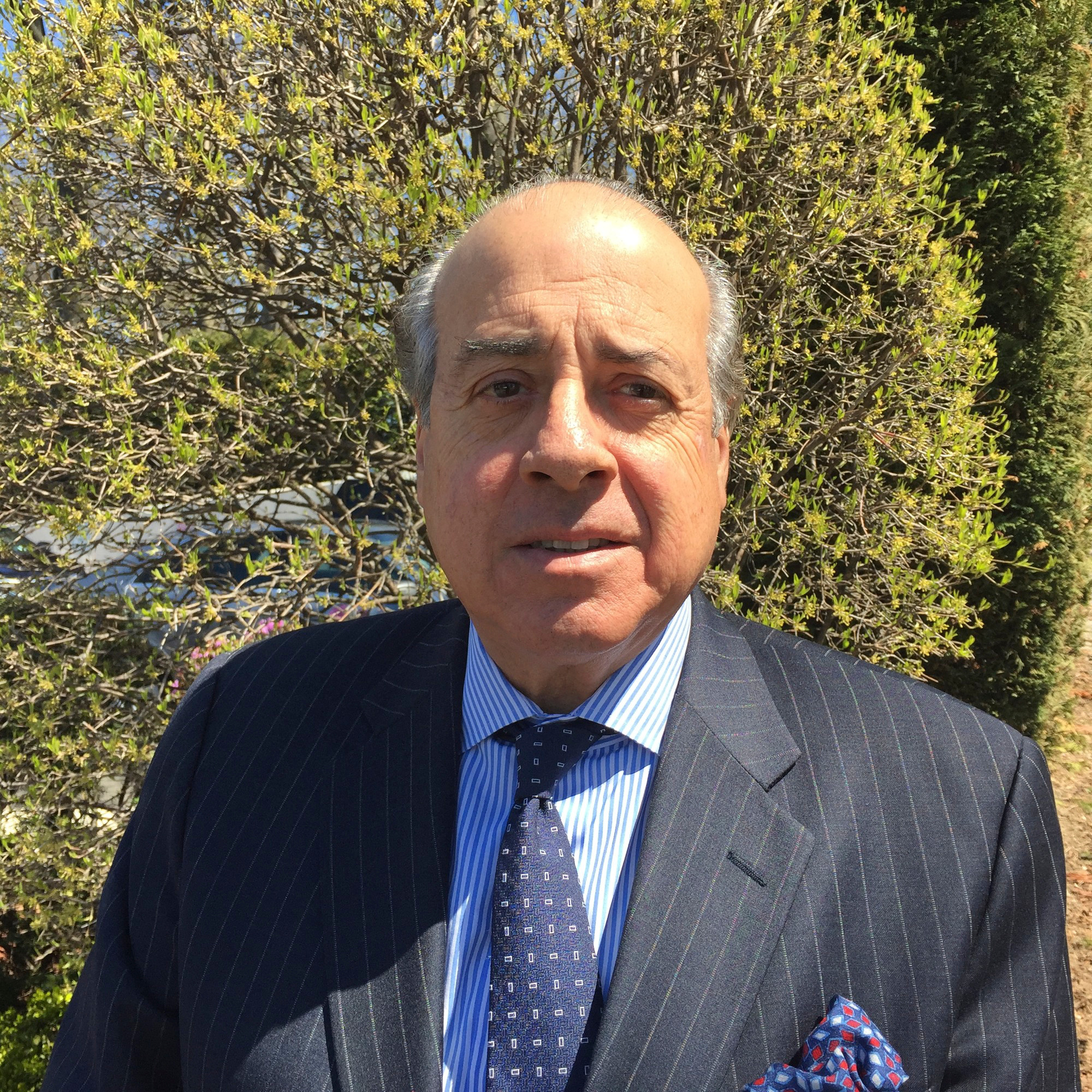Passover, a holiday of symbols and liberation
It is in this spirit of extended family that is our Five Towns commitment that I share with you these interpretations of the Passover symbols at the Seder table from my home to yours.
The Karpas, parsley, which is a symbol of spring, reminds us that just as seasons change for the better, so can life. We can all testify to the old saying, “March comes in like a lion and leaves like a lamb.” Just as the storms of winter ultimately pass, so too, the storms and hardships that come into our lives pass.
With faith in God and ourselves, never losing hope, we too can weather the storms that come into everyone’s life and emerge to a new day of renewed love, happiness and peace.
The Hillel sandwich which is a combination of the sweet Charoset and bitter Maror reminds us that we have the strength to overcome the bitter and difficult times in our lives and that we should enjoy the sweet moments in life while we have them.
The Afikoman, which is the broken half of the matzo, reminds us of our need to work for Jewish unity; that we should not be a people broken, or divided against itself. With the seemingly constant condemnation of Israel by the world community of nations and the United Nations wanting to label Israel an apartheid state, this lesson takes on greater meaning this year. There also has been a resurgence of anti-Semitism in the U.S. and across the globe, unprecedented since the end of the Holocaust.
Across our country, we have seen a spike in attacks on Jewish cemeteries, swastikas spray painted on schools, synagogues and even on the New York subway system. There have been more than 150 bomb threats at Jewish Community Centers, Jewish schools, synagogues and even the Anti-Defamation League in New York.
In Europe, attacks on Jewish schools and a kosher grocery store in Paris are examples of a trend on the rise, which has included anti-Semitic incidents, not only in Germany and Britain, but across the EU. An EU Agency for Human Rights reported, a few months ago, in an extensive survey, that 76 percent of the continent’s Jewish population believe there has been an increase in anti-Semitism over the past 5 years.
It is as important today as ever to take the message of Afikoman to heart and recognize that we are, indeed, one people of one faith and one fate responsible one for the other.
The Shank Bone symbolizes the Holocaust, for what else can a piece of burnt flesh be? As we remember the Shoah, let us take its central lesson to heart: “That no one will save the Jews, save the Jews themselves.” With this in mind, we must strengthen our commitment to the state of Israel.
Our relationship to Israel is that of “limited partners.” As such, we have no right to dictate to Israel what course of action it should take in its sacred mission to find peace with security. However, we have the responsibility to support Israel with all our hearts and souls and means at our disposal.
Therefore, we must insist on Israel’s right to self-defense and speak up and speak out on behalf of the Jewish state to our elected officials in Washington. Remember! Put not your faith in kings or princes. Remember! That no other nation in modern history has sacrificed more and given up more of its territory in the pursuit of peace.
The Egg is at the very heart of the Seder for it represents our children. We are all familiar with the expression, “It’s all about me.” This approach to life is as unwholesome as it is un-Jewish. However, the Seder is all about them, our children. It is their need to learn, to understand, to remember and to celebrate that we focus on at the Seder.
From the days of Abraham, we were taught that unlike other peoples, we do not sacrifice our children, but rather sacrifice for our children. Our children and grandchildren are the future of the Jewish people, the future of the world, our immortality and sacred trust.
We enrich their lives and help them on the way to secure a happy future when we show them, and teach them about the glory, beauty and joy one can find as a Jew who is involved with their people, temple and community.

 41.0°,
Fair
41.0°,
Fair 




